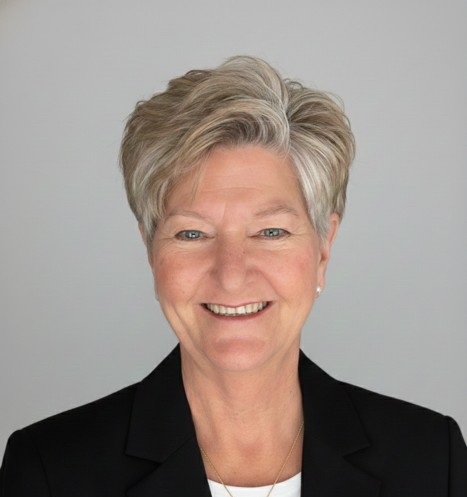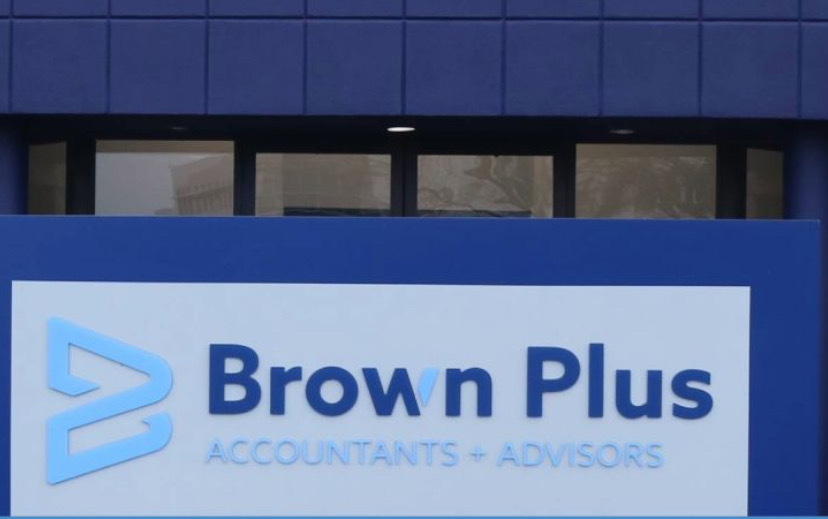Question from a reader: We reference your survey a lot when we discuss becoming a high-performance firm. We are a $10M firm with 9 partners. The firm has done little to market our audit services, generally using the audit department as a loss-leader, never promoting it or looking to grow it aggressively. We’ve never even had a full-time, dedicated audit partner.
What do you see in general for firms when it comes to audit realization? Can firms achieve strong levels of profitability with a large audit practice?
Our response: Excellent question. There are two kinds of audits— non-profit/governmental and FOR-profit—and a world of difference between the two. Non-profit audits are usually much smaller, have lower realization due to the fiscal restraints of these entities, tend to be mid-year fiscal year-ends and offer CPA firms relatively few cross-selling opportunities. FOR-profit audits are the opposite on all of these counts.
Years ago, firms tended to be slow a lot of the time from April 15 to December 31. As a result, firms’ attitude towards non-profit audits was that they were “filler” work for the slow season. They reasoned that it’s better to have a smaller amount of something than nothing at all, despite the lower realization. But firms have gotten much better at being busy year-round with profitable work and thus, are not keen on filling up their year with low-margin work. But there still are firms that struggle to stay busy year-round. For them, non-profits continue to be an attractive solution.
Show me the money! The Rosenberg Survey analyzes the profitability of audit practices. Firms with a high percentage of total revenue from audit practices outperform firms with both an average and a low percentage of audits. Why? Firms with large audit practices generally have a significant amount of FOR-profit audits vs. non-profit projects. FOR-profit audit clients provide opportunities for heavy tax work, consulting “handholding,” special projects like estate planning, business valuations, M&A work, internal control work, R&A credit, etc. As a result, firms with a high amount of FOR-profit audits generally post higher revenues, realization and profits.
Audits don’t have to be priced on a fixed basis. You can quote a fee range and state conditions that will result in additional fees such as extra work requested by client, client doesn’t deliver data and documents as requested and unforeseen “problems” requiring additional work.
Finding FOR-profit audits is not easy. I have worked with many firms who have a substantial FOR-profit audit practice and their realization is just fine, maybe 85-90%. If you target your market, are effective at practice development and can maintain the mentality that your firm is a top-flight firm worth aggressive prices that won’t be discounted, then a profitable audit practice is achievable. Having said that, if I were to guess, two-thirds of audit practice at firms under $10M is likely to be non-profit. It’s not the easiest thing in the world to break into the FOR-profit audit business, especially when banks advise their clients to hire a “big name firm” to do the audit.
What it takes to build a successful audit practice. An audit practice, though a mainstream CPA service, has similarities to a niche service. It requires (a) a high level of expertise and experience (b) an audit practice leader with the passion and the time to build the business, (c) practice development and marketing skills and (d) leadership skills to lead an audit team.
———–
Marc Rosenberg is a nationally known consultant, author and speaker on CPA firm management, strategy and partner issues. President of the Chicago-based consulting firm, The Rosenberg Associates, Marc is founder of the most authoritative annual survey of mid-sized CPA firm performance statistics in the country, The Rosenberg Survey. He has consulted with hundreds of firms throughout his 20+ year consulting career. He shares his expertise regularly on The Marc Rosenberg Blog.
Thanks for reading CPA Practice Advisor!
Subscribe Already registered? Log In
Need more information? Read the FAQs
Tags: Auditing




